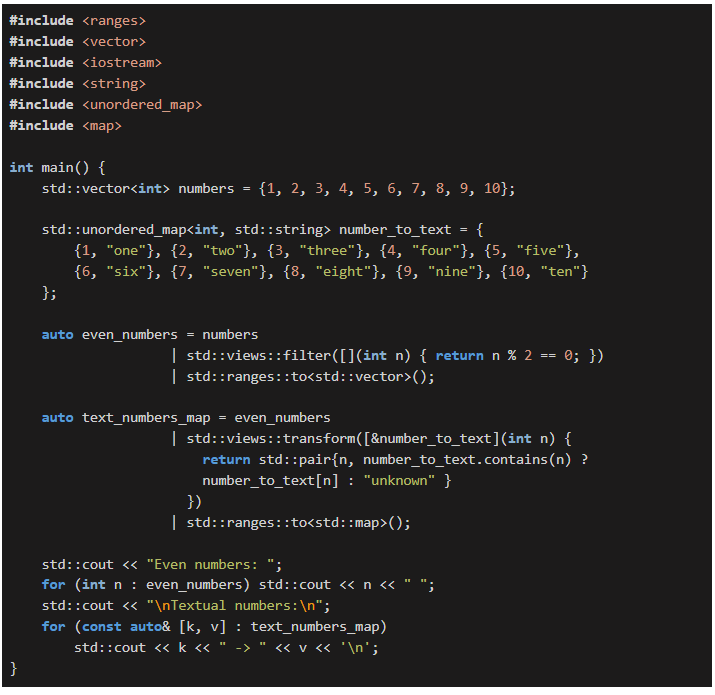C++26: user-generated static_assert messages -- Sandor Dargo

C++26: user-generated static_assert messages
by Sandor Dargo
From the article:
Our first quest into the world of C++26 was about
=deletewith an optional error message, which improves the readability of the source code and potentially the error messages. In this next part of our journey, we will continue to focus on readability improvements, particularly those for error messages.With C++26 and the acceptance of P2741R3, we are getting better error messages for
static_assert. Compile time assertions were introduced in C++11 with a mandatory message. Since C++17, the message is only optional. And with C++26,static_assertevolves further and the message can be a constant expression instead of an unevaluated string. In other words, it can have some dynamic elements.This was not the first attempt to make such a feature part of C++, but back in 2014, when something similar was proposed, C++ didn’t have enough compile-time programming capabilities to make this easily implementable.
Why is this change useful?
Before looking at some concrete examples of utilisation, let’s dig into the motivations behind this feature.
Obviously, we want better error messages. C++ is infamous for its horrendous error logs when the compilation fails. Even though we must admit that it’s more and more just a legacy, the situation improved a lot over the course of the years. In any case, it was mostly template-related error messages that were behind the biggest issues.
While compile-time assertions with their custom messages already meant an improvement, user-generated diagnostic messages will further improve the situation.
But that’s not the only motivation. Sometimes you don’t want different, or better messages. You just want the same message in several assertions without having to duplicate it. Without this change, the following piece of code doesn’t compile:

 In this article, you’ll see eight larger examples that illustrate the changes in C++23.
In this article, you’ll see eight larger examples that illustrate the changes in C++23.
 When tasked with diagnosing why a pointer passed through a pipeline emerged offset from its original value, I discovered an interesting culprit: the misuse of a wrapper function around
When tasked with diagnosing why a pointer passed through a pipeline emerged offset from its original value, I discovered an interesting culprit: the misuse of a wrapper function around  Back in the day, being a witch was considered a grave crime. Today, we’re diving into one of C++’s lesser-known spells: ADL (Argument-Dependent Lookup).
Back in the day, being a witch was considered a grave crime. Today, we’re diving into one of C++’s lesser-known spells: ADL (Argument-Dependent Lookup).  The C++20 standard introduced a specialization of
The C++20 standard introduced a specialization of